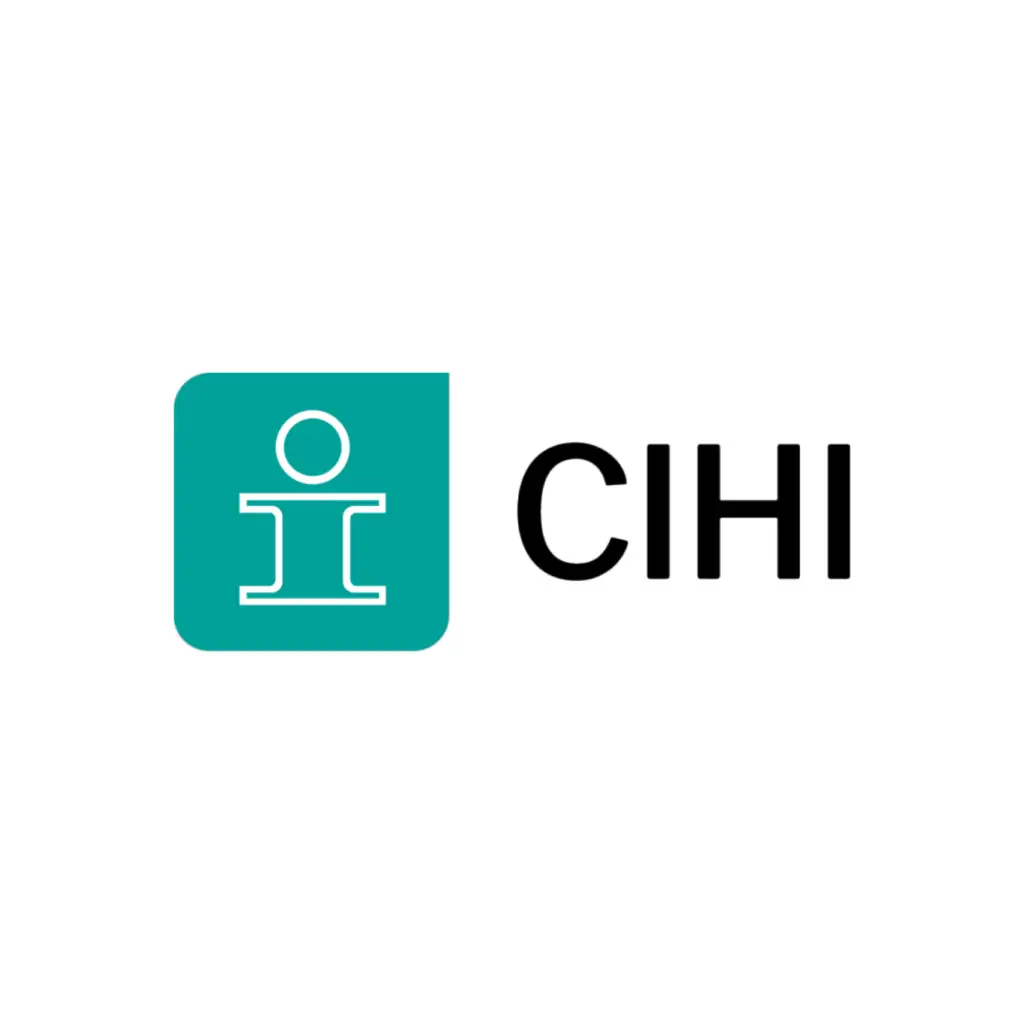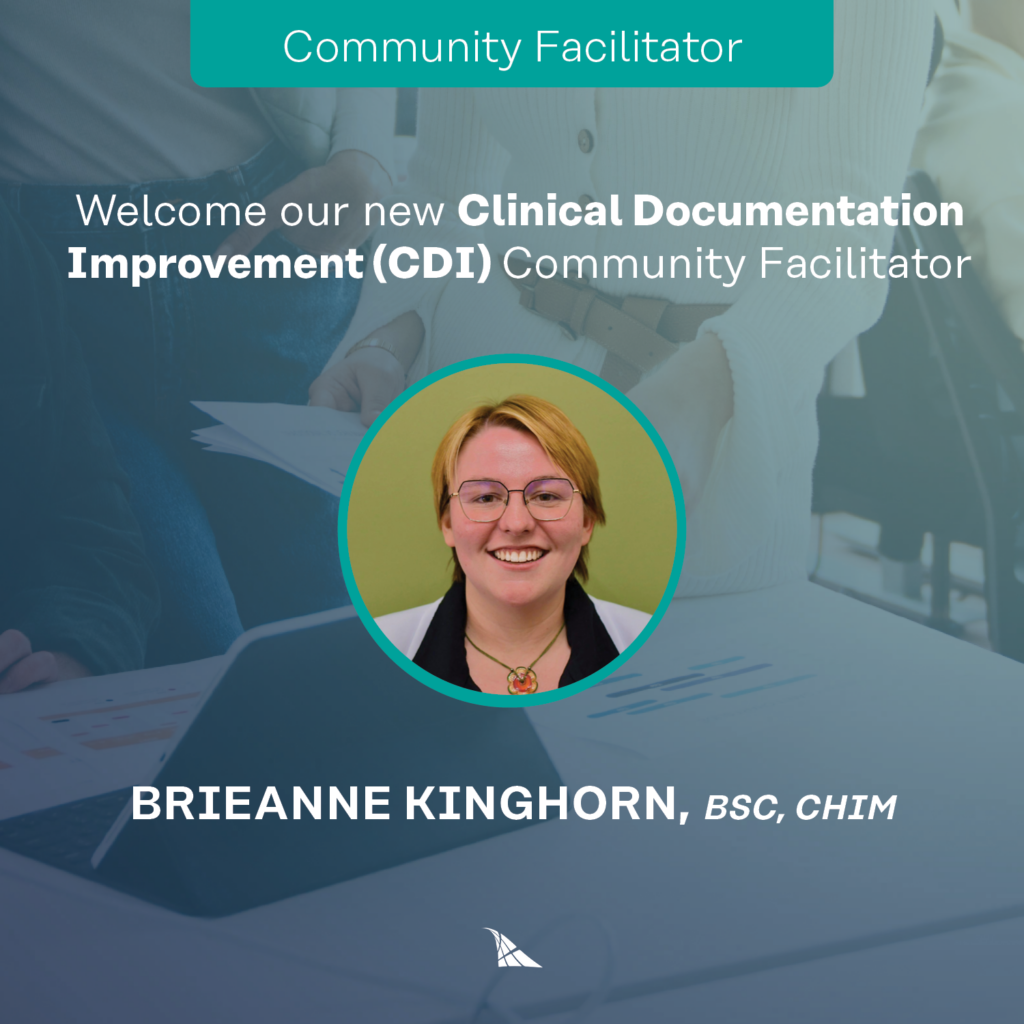By Simon Hagens

Imagine making a budget without access to your financial information. Or navigating an unfamiliar city without a map. Or baking a cake without measuring cups and spoons. For the many Canadians with limited or no access to their health information electronically, this is essentially how they must manage their health journeys.
Last year, 32 per cent of Canadians said that they had accessed their health information online. While this is a significant increase from the four per cent who reported they could do so in 2014, there remains more work to be done.
What’s the backstory?
In 1993, the Supreme Court of Canada made it clear that the information in the medical record belongs to the patient. However, the physical record belongs to the person or organization responsible for its creation, that is, the hospital or a physician in private practice. A decade ago, despite eight in 10 Canadians expressing interest, there was considerable debate about the merits of patient access to their health information. Since that time, an international consensus has emerged that patients deserve access, and there has been a significant expansion of efforts to make more information available to patients online here in Canada.
Canadian initiatives
These efforts fall into three main categories. Firstly, there are several provincial initiatives to establish a portal for all citizens in their jurisdictions. A few examples include:
- Carnet Santé in Quebec
- MyHealthAlberta in Alberta
- MySaskHealthRecord in Saskatchewan
- MyHealthNB in New Brunswick
- Health Gateway in British Columbia
Secondly, some private lab companies make results available to patients at the same time as their physicians. Many Canadians are familiar with LifeLabs as a leading example of an organization providing results free of charge to patients.
Finally, some hospitals and clinics have implemented patient portals. This has been a prevalent strategy in Ontario, with examples such as:
- MyChart (Sunnybrook Health Sciences Centre)
- My Health Record Portal (Women’s College Hospital)
- MyChart (Children’s Hospital of Eastern Ontario)
- myUHN Patient Portal (University Health Network)
Value proposition and evidence base
Considerable work has been undertaken to explore the value of patient access to information. Much of it is rooted in citizen-reported experiences with accessing their own health information. For example, we have found:
- 88 per cent agreed they feel more informed about their health
- 82 per cent agreed they can better manage their health
- 44 percent said they avoided an in-person visit to a doctor and/or emergency room at least once
Avoidance of in-person visits is particularly important. Even though it is reported by less than half of users, the return on investment is significant when we can avoid wasted patient and physician time when a visit isn’t necessary (for normal lab results, for example).
Towards a connected care future
To enable more patients to access their health information electronically, we need to keep collaborating across the health ecosystem to ensure that different parts of the health system can talk to each other. Simply put, we need to keep striving toward connected care.
What does a connected care system mean for patients? It means they’ll be empowered to access their health information whenever and wherever they connect. Access to their health information will put patients in the driver’s seat for their health journeys, and they’ll feel more confident about the care they receive.
Still today, eight in 10 Canadians want access to their health information electronically. Nine in 10 Canadians also want technology that makes health care as convenient as other aspects of their lives. Let’s keep working to realize the connected, collaborative health system that Canadians expect and deserve.
Simon Hagens leads performance analytics at Canada Health Infoway, informing Infoway and our partners with the evidence to deliver and optimize digital health for the benefit of Canadians and our health system.



